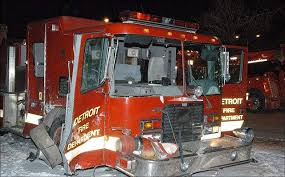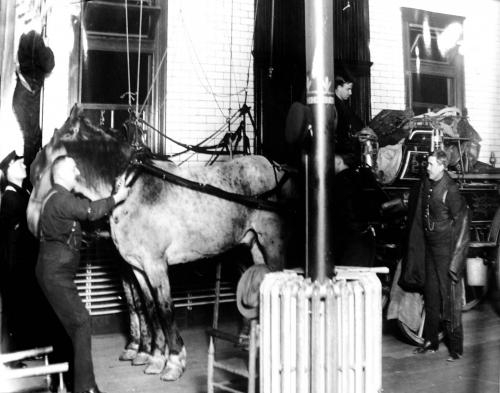Today in DFD history – March 1922 L-22, affectionately known as “The Double Deuce”, went in service at Martin and McGraw.
Category: history
Prior to 1985 Detroit Firefighters did not have individual facepieces for their breathing protection? Prior to that facepieces were shared.
The first jaws of life used by Detroit Fire Department were actually a set of hydraulic tools used by bump
If your Dad was a Detroit Firefighter that served a long or short leave day punishment… You might be a “Mealer”.

As a Chief you take on many duties. Some are pleasant, others are simply annoying. The one duty you pray you never have to

As mentioned in the previous article being late was the most common punishable offense for Detroit Firefighters listed in documents from
This is the second in a series of posts that highlight some history of punishments given Detroit Firefighters that broke
This is the first in a series of posts that will highlight some history of punishments given Detroit Firefighters that broke the rules.
Today in DFD history – January 9, 1978 Engine House No. 11 was placed on the National Register of Historical
“The Ditch” is the name Detroit Firefighters use for many sections of freeways that cut through the city. In certain